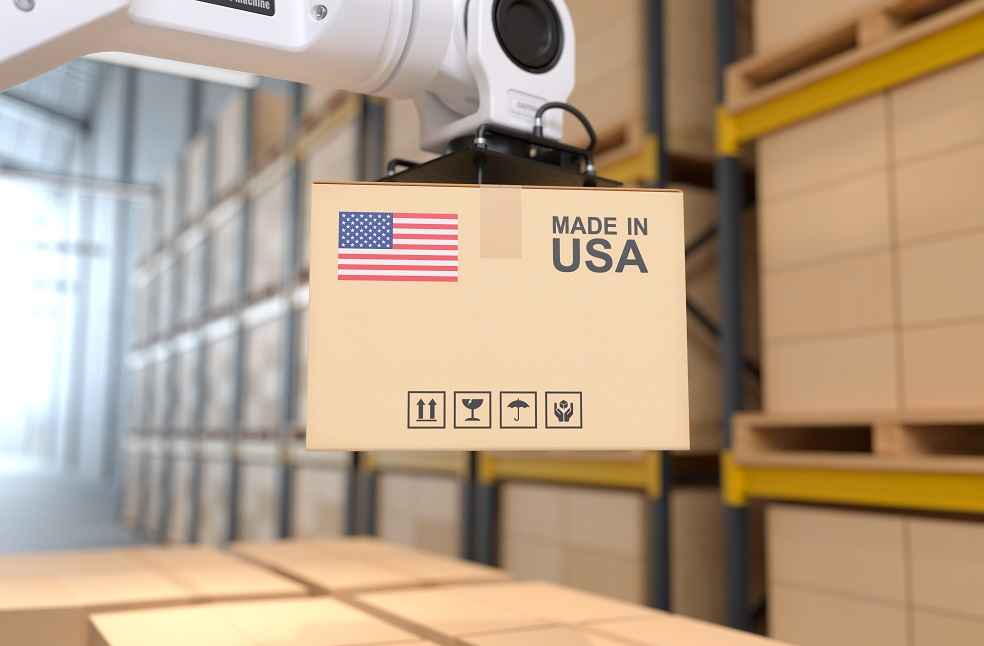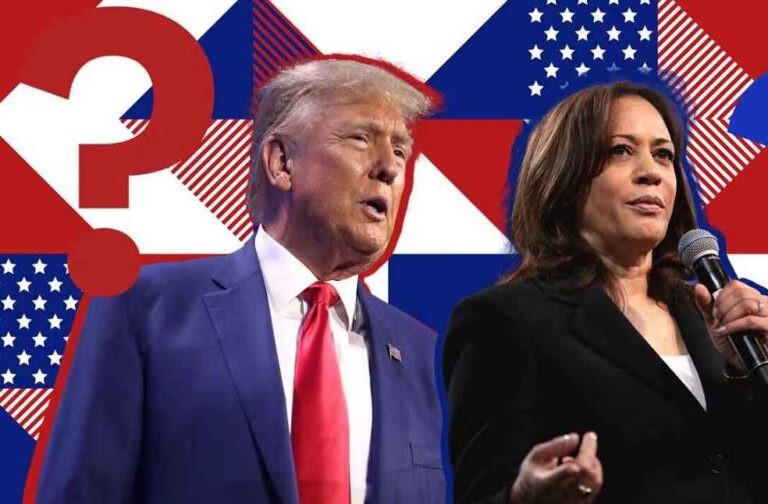In the 1990s, America debated openness to international trade. Today, the discussion has reversed, with candidates exploring economic self-reliance. Donald Trump and Kamala Harris propose contrasting U.S. trade policies, both marking a shift from traditional free trade.
Donald Trump’s stance is the more radical. Known for his ‘tariff man’ rhetoric, he has proposed tariffs that could transform American trade strategy. During his first term, Trump imposed tariffs on items like washing machines and steel, escalating to a trade war with China.
For a potential second term, he plans a universal 20% tariff on all imports, with tariffs on Chinese goods potentially reaching 60%. He has also suggested revoking China’s favored nation status, which could destabilize the World Trade Organization.

Legally, Trump could easily raise tariffs on China by citing unfulfilled trade commitments. A universal tariff, however, would be harder to implement. He might declare the trade deficit a national emergency under the International Emergency Economic Powers Act, though this would likely face legal challenges.
Some Republicans may support the tariffs if they help fund tax cuts—a 10% tariff could yield $300 billion annually. Critics, however, warn of potential retaliation and harm to U.S. growth.
Kamala Harris favors selective protectionism, emphasizing strategic subsidies for essential industries like clean energy, aligning with President Joe Biden’s ‘America Forward’ initiative. She has criticized Trump’s universal tariff as a “national sales tax,” suggesting it could cost American families about $4,000 per year.
Harris supports a two-pronged approach: boosting domestic production through subsidies and imposing tariffs primarily in response to violations, especially from China. This approach mirrors Biden’s recent tariffs on Chinese electric vehicles and semiconductors.

While Trump envisions broad tariffs and economic insulation, Harris advocates targeted protection without severing trade ties. Economists caution that even moderate protectionism can slow growth, though Harris argues her approach is more balanced than Trump’s.
In this evolving trade landscape, Trump’s policies would create economic barriers, while Harris’s would be more measured but still cautious. Both visions reflect a shift inward, raising questions about the future of America’s global trade role.
IMEX SECTOR | Brazil and U.S. Poultry Industries Unite to Break Trade Barriers



